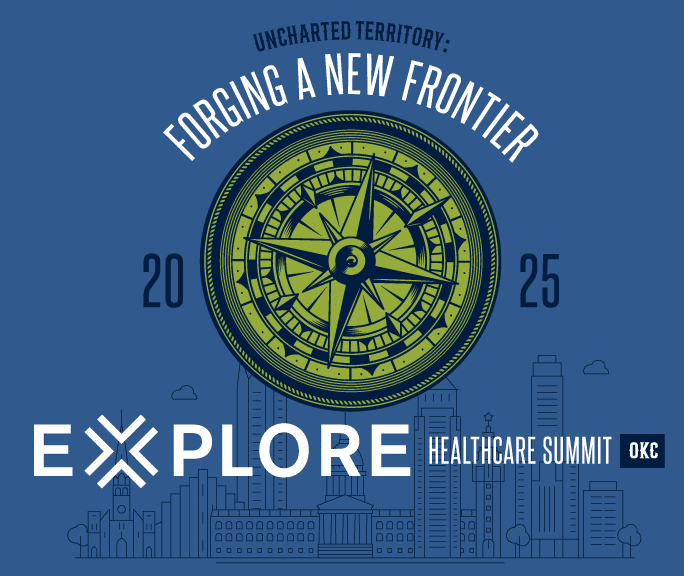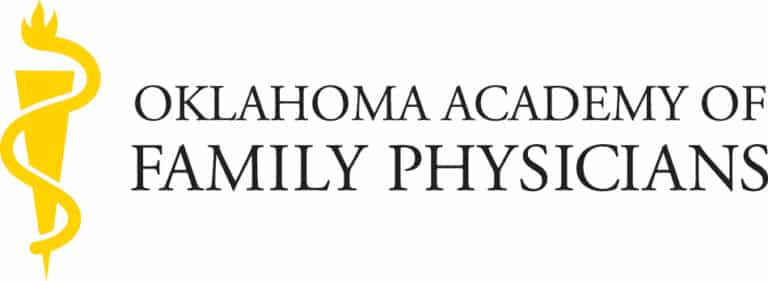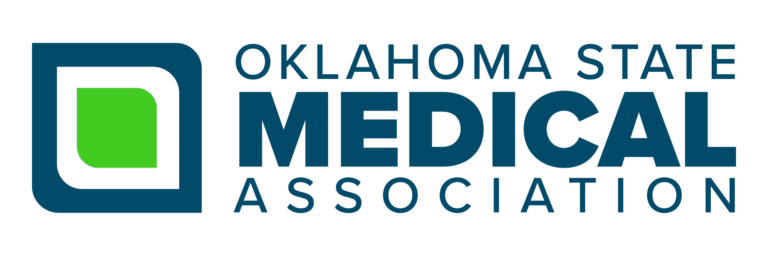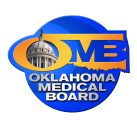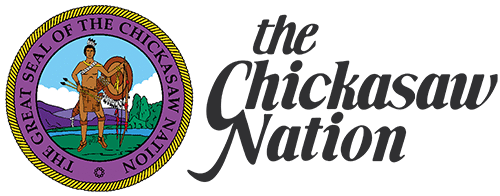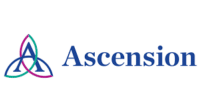
UNCHARTED TERRITORY
Letting go of our limits to embrace the vast potential of the unknown
EXPLORE Healthcare Summit 2025 provides you the unique prospect to enhance your
knowledge, network with colleagues and succeed at the challenging expedition of medicine.
Attending EXPLORE, a comprehensive, one of a kind regional conference will guide you to
innovative solutions and valuable information for your daily journey in the healthcare
environment. With continuing education credits, nationally recognized speakers, insightful
breakout sessions and more, EXPLORE is the 2025 event you do not want to miss.
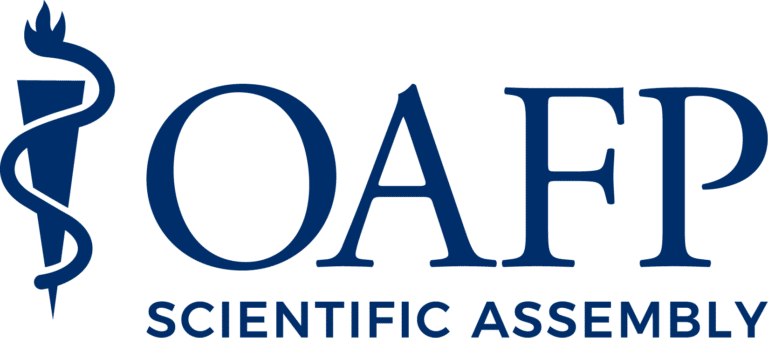
We are pleased to partner with the Oklahoma Academy of Family Physicians to host their 77th annual Scientific Assembly at EXPLORE Healthcare Summit with an additional day of education available Saturday, May 31.
Why should you attend?
- Advance your understanding of current issues affecting the delivery of healthcare.
- See how new technologies are impacting the future of medicine.
- Collaborate with as many as 400 top physicians and other practitioners from throughout the state of Oklahoma and surrounding region.
- Enjoy food, beverages, live music and networking at our Evening Party.
Keynotes
Keynote speakers for this year have not been determined yet.
Testimonials
This is probably the best conference I’ve ever been to. The motivational speakers are outstanding. You’re just left with a really good feeling. And then the professional part of the program was outstanding as well. Some really top-notch speakers and their specialties and I felt like I learned a whole lot.
David Lovelace
Emergency Physician
I choose to come to EXPLORE because it’s well put together. It’s been organized from the top down very well. Every year the speakers have been very good. It makes me think beyond medicine. Sometimes it’s about adventure, sometimes it’s about crises but each time it pulls us out of our silos of medicine and puts it into a different mind thought. I also enjoy the camaraderie of people that I don’t see for maybe once a year, but people I’ve known for maybe 20 to 30 years.
Andrew Gin
Neurologist
EXPLORE provides a great avenue to meet with physicians and healthcare workers around the state to educate them on some of the newer things we have as far as technology and advances in treatment for cancer. PLICO has done a great job with this conference and getting their brand name out there.
Ryan Alley
Physicians Relations, Cancer Treatment Centers of America
